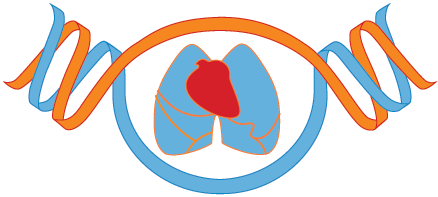- Get Started
- Centers
- Administrative Coordinating Center (ACC)
- Informatics Research Center (IRC)
- NIH
- Omics Centers
- Baylor Human Genome Sequencing Center
- Baylor-UTHealth Metabolomics Center
- Broad Institute Genomics Platform
- Broad Institute Metabolomics Platform
- Broad Institute and Beth Israel Proteomics Platform
- Illumina
- Keck MGC
- New York Genome Center Genomics
- Northwest Genomics Center
- New York Genome Center RNA-seq
- Psomagen
- Projects/Studies
- Working Groups
- Data
- Publications
- EEP
- ELSI
- Workshops
What is the difference between a "study" and a "project" in TOPMed?
Question:
What is the difference between a "study" and a "project" in TOPMed?
Answer:
TOPMed Projects are a collection of one or more parent studies. Some are derived from a single parent study by selecting a subset of subjects according to various criteria – e.g. relatedness, phenotypes of interest or extent of phenotypic characterization. Some consist of a consortium of multiple parent studies that each contribute subjects with a common phenotype of interest – e.g. atrial fibrillation cases from each of several studies, along with controls from the same or other studies.
Parent studies are studies that were selected for inclusion in TOPMed to have their samples sequenced. Parent studies may be cohort (i.e. FHS, JHS, ARIC, CHS, CARDIA, and MESA), case-control (i.e. COPDGene), randomized trial (i.e. WHI), family-based (i.e. CRA), case-only (i.e. GALAII, SAGE) studies, or other designs. Before the TOPMed program was initiated, these studies had already recruited subjects and collected phenotypic data and biosamples for DNA extraction. In general, only a subset of all subjects included in the pre-existing study were selected for WGS in TOPMed. Some parent studies have contributed samples for sequencing to more than one TOPMed Project. A TOPMed Parent study typically corresponds to one TOPMed dbGaP study accession (phs number).

